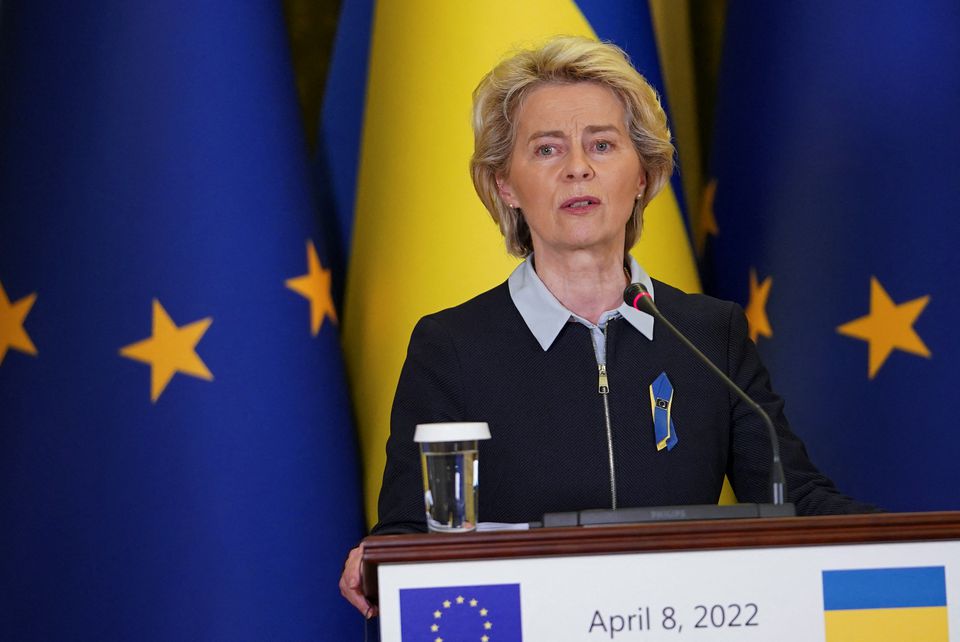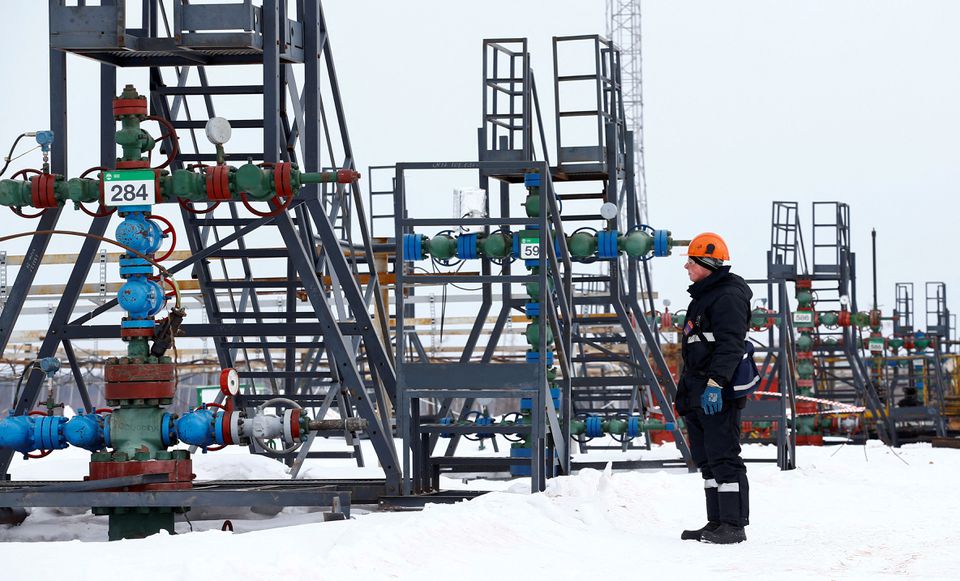INTERNATIONAL: The European Union will ban three Russian state-owned broadcasters as part of a sixth sanctions package over Moscow's war in Ukraine, the bloc's chief executive said on Wednesday.
"They will not be allowed to distribute their content anymore in the European Union, in whatever shape or form, be it on cable, via satellite, on the internet or via smartphone apps," European Commission President Ursula von der Leyen told EU lawmakers in Strasbourg.
She called the TV channels "mouthpieces that amplify (Russian President Vladimir) Putin's lies and propaganda aggressively".
"We should not give them a stage anymore to spread these lies," she added.
"(Russian President Vladimir) Putin must pay a price, a high price, for his brutal aggression," she said.
"We de-SWIFT Sberbank – by far Russia's largest bank, and two other major banks. By that, we hit banks that are systemically critical to the Russian financial system and Putin's ability to wage destruction," von der Leyen said.
"This will solidify the complete isolation of the Russian financial sector from the global system," she said.
Von der Leyen said more high-ranking Russian military officials would face EU asset freezes and travel bans, without giving names. "You are not getting away with this," she said, referring to the Kremlin.
The proposals by the Commission now need to go to the 27 member states for approval. Diplomats said there was likely to be a longer period granted to Hungary and Slovakia to stop oil imports as they are so heavily dependent on Russian energy.
Simone Tagliapietra of the Bruegel think tank said the EU's gradual embargo on Russian oil was "a risky bet"
"In the short term it might leave Russian revenues high while implying negative consequences for the EU and global economy in terms of higher prices," he said. "Not to talk about retaliation risks on natural gas supplies."
























